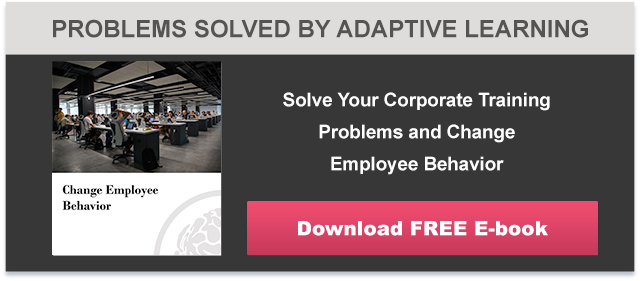In past corporate environments, career development plans were generally viewed as the company’s responsibility: the company had to ensure its employees had the skills and competencies necessary to move up in the ranks. Because employees tended to stay with one company longer, the old corporate ladder was a method of attracting employees to the company.
Recently, the trend has moved in a different direction: as employees begin to take more initiative in developing their own careers many companies have begun to shift their attitude, from one where they plot the corporate course for their employees to one that is closer to a partnership approach between employee and company.
But what does this mean for L&D departments?
This shifting corporate attitude affects the modern employee–company relationship. Career development is a crucial part of learning and development. Employees are interested in mobility within the company as well as training opportunities to facilitate career advancement.
One way to promote a partnership with employees is to offer them engaging training that will be of direct use in their careers.
The purpose of training is to change employee behaviour or to learn new skills. But training can only achieve these objectives if employees find the training engaging. Unfortunately, most traditional corporate training has a disengaging effect because it uses a one-size-fits-none approach that treats all employees as if they learn in the same way, which means that most traditional corporate learning approaches are ineffective.
Create a Career Development Plan that Lasts a Lifetime
Traditional corporate training is based on completion, but this is not how humans learn. Once we finish a course, we don’t know everything there is to know about that course. Our memories fade over time, our knowledge deteriorates and, besides, there is always more to learn.
And that’s why it is better to view learning as a lifelong ambition towards building competency rather than as a one-time event. By placing the focus on mastery rather than completion, corporate training can become a much more efficient enterprise, and this progress can be easily tracked through Adaptive Learning’s 3-level reporting abilities.
Adaptive Learning focuses on being a more engaging kind of training, as well as on developing learning mastery and building competency. It engages the learner by allowing them to self-assess and follow their own learning progress, to see where they have improved and where they have struggled.
Think of the one-on-one teaching style of a tutor: Adaptive Learning makes teaching as personable and as responsive as if a tutor were in the room with the learner. And it allows every learner in a large company the same access to that personalized tutoring — this is the kind of learning and development modern employees are looking for.
Download this Comparative Case Study to better understand how Adaptive Learning is already changing employee behavior in these companies.









